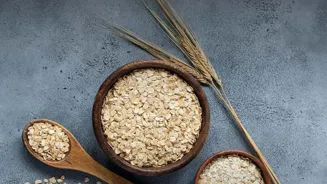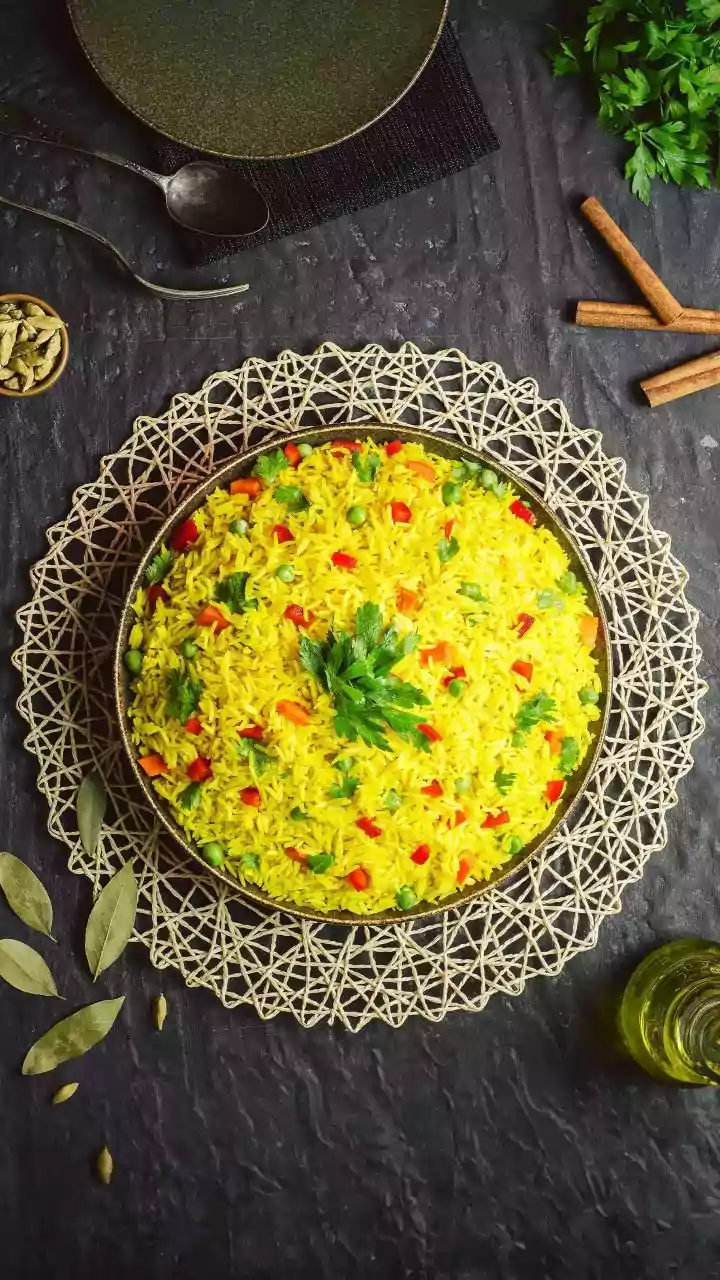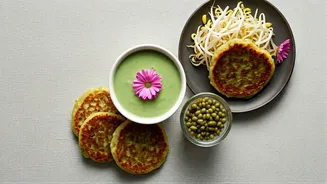Discover the power of whole grains in your diet. Explore why they are essential for your health and well-being
In the bustling land of India, where diets are as diverse as our cultures, there's one dietary
change that could benefit nearly everyone: embracing whole grains.
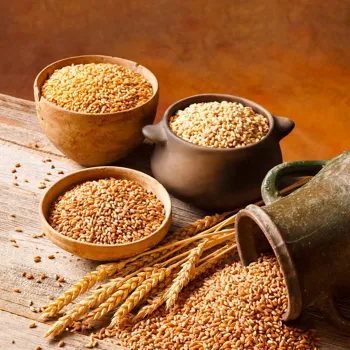
For generations, many Indians have relied on refined grains, like white rice and maida (refined wheat flour), but nutrition experts are increasingly emphasizing the importance of making whole grains a cornerstone of our daily meals.
But what exactly are whole grains, and why are they so much better for you? Let's explore the world of whole grains and understand why they deserve a prominent place on your plate.
Whole grains offer more nutrients and fiber than refined grains, promoting digestive health
Whole grains, unlike their refined counterparts, contain all three parts of the grain kernel: the bran, the germ, and the endosperm. The bran is the fiber-rich outer layer, the germ is the nutrient-packed core, and the endosperm is the starchy middle layer.
Refined grains, on the other hand, have had the bran and germ removed during processing, which strips away many of the beneficial nutrients, leaving mostly carbohydrates. Whole grains offer a wealth of health benefits due to their nutrient content.
They are a great source of dietary fiber, which is essential for digestive health. Fiber helps regulate bowel movements, prevents constipation, and can even reduce the risk of colon cancer.
Whole grains are rich in nutrients and antioxidants, protecting cells from damage
Additionally, they are rich in vitamins and minerals, including B vitamins, iron, magnesium, and selenium. These micronutrients play vital roles in various bodily functions, such as energy production, nerve function, and immune support.
Whole grains are also packed with antioxidants, which help protect your cells from damage caused by free radicals. Free radicals contribute to aging and can increase the risk of chronic diseases.
By including whole grains in your diet, you are essentially giving your body a protective shield against these harmful molecules. So, ditching the refined grains and going with the whole can contribute a whole lot towards your well being inside out, especially in our hot and humid climate.
Whole grains regulate blood sugar, aid weight management, and provide sustained energy
Moving on to the benefits that help keep illness at bay, whole grains contribute towards regulating blood sugar levels. The high fiber content of whole grains slows down the absorption of sugar into the bloodstream, preventing rapid spikes and crashes in blood sugar.
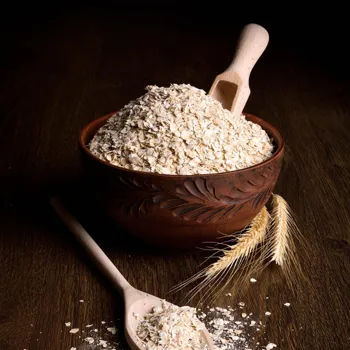
This is particularly important for people with diabetes or those at risk of developing the condition. The steady release of energy from whole grains helps keep you feeling full and satisfied for longer periods, which can aid in weight management.
Unlike refined grains, which can cause a quick energy rush followed by a crash, whole grains provide sustained energy, preventing you from reaching for unhealthy snacks between meals. This is so apt for our Indian lives, where most snacks are oily and unhealthy.
Consuming whole grains lowers heart disease risk; Indian cuisine benefits
Moreover, studies have shown that people who consume whole grains regularly have a lower risk of heart diseases. Fiber helps lower bad cholesterol levels, while antioxidants prevent the oxidation of cholesterol, a key step in the development of plaque in arteries.
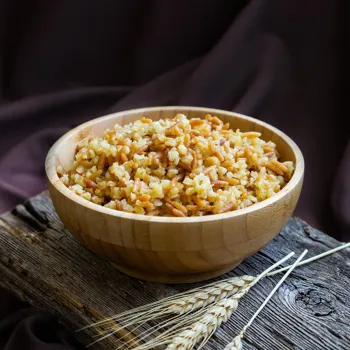
Also, the magnesium and potassium that whole grains contain are also shown to decrease blood pressure. In traditional Indian cuisine, the pressure of satisfying taste along with keeping things light is always at play.
Here is where whole grains show up as a welcome change to the monotony and open us up to so much healthier alternatives. For example, simple roti can be made so much more filling if we use whole wheat instead of the refined flour.
Options of whole grains in Indian cuisine for a healthier diet
And now, let's dive into the options of readily available whole grains. Luckily India has a variety to choose from.
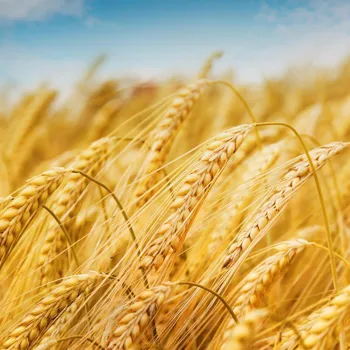
Wheat is the most commonly consumed grain in India, so the easiest way to incorporate whole grains is to switch to whole wheat flour (atta) for making rotis, chapatis, and other breads. Another popular choice is brown rice, which is simply rice with the bran and germ intact.
It has a nuttier flavour and chewier texture compared to white rice. Other options for traditional cooking include millets like ragi, jowar and bajra, all which are gluten-free and packed with nutrients.
These ancient grains are becoming increasingly popular due to their health benefits and versatility.
Easy ways to add whole grains to your diet for better health
Lastly, ways to incorporate whole grains into your diet are very simple. Start by making small changes, such as replacing white bread with whole wheat bread or switching to brown rice. Consider adding oats to your breakfast routine.
Oats are a good source of soluble fiber, which can help lower cholesterol levels. You can also use whole grains in salads, soups, and stews. For example, adding a handful of quinoa or barley to a vegetable soup can boost its nutritional value.
With all things clear and many alternatives to choose from, all that remains is for us to choose the right grain that best suits us and begin to incorporate these changes into our diet right away!
AI Generated Content. Glance/InMobi shall have no liability for the content